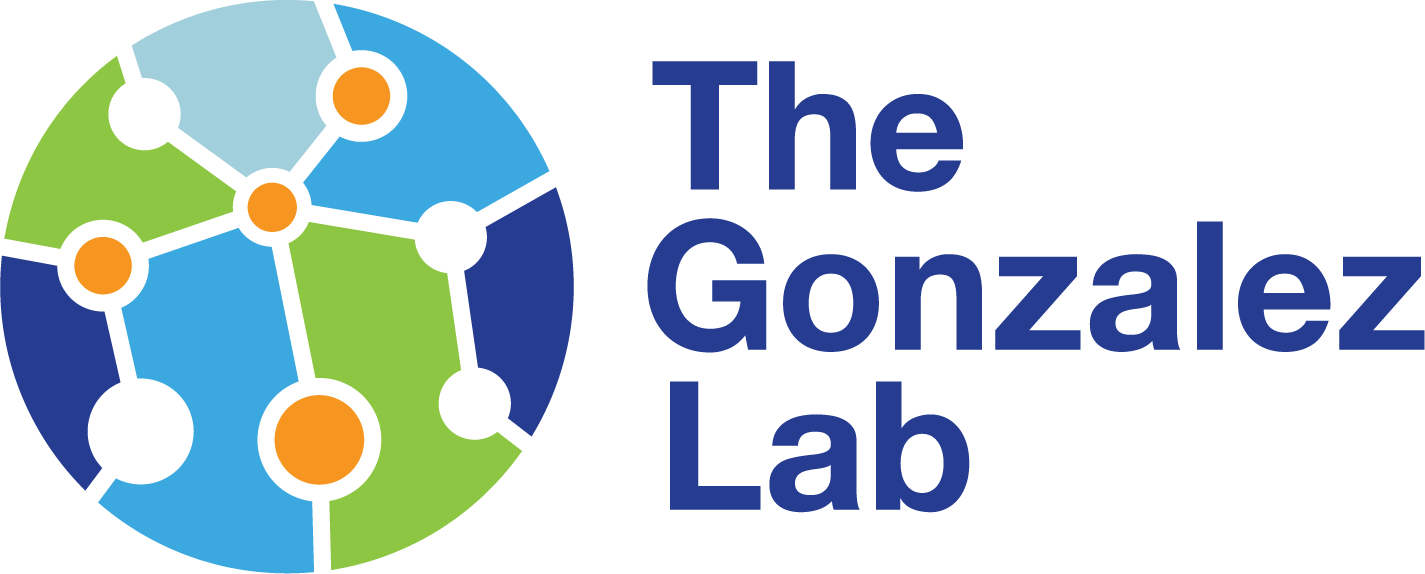Welcome Dr. Francis van Oordt to the Gonzalez Lab!
Born and raised in Peru, I obtained my bacherlour’s degree in Sciences-Biology with a concentration in field ecology, from Universidad Nacional Agraria La Molina. Having always been interested in marine environments I got involved early in my undergrad program with the Peruvian Marine Research Institute. There I worked for about 6 years after graduating and participated in monitoring and research programs in the Top Predator Research unit. During these years I worked on monitoring populations of sea lions, seabirds, sea turtles, and also on industrial fisheries by-catch monitoring and mitigation, as well as many international conservation agreements involving these species.
I then attended California State University, Northridge as a Fulbright scholar to obtain my master’s degree working on ecomorphology of Pacific boobies. This allowed me to understand ecological patterns associated with morphology in a larger scale (and to travel to Mexico, Chile, and Peru to sample birds!). This was also my first experience with academia abroad and living in a North American country for a long period of time. Afterwards, I went back to Peru and I worked for about four years teaching university level courses at Universidad San Ignacio de Loyola and Broward College (Lima campus) on biology, ecology, and environmental sciences, during which I aimed to provide students with both a solid theoretical and a field component.
In 2017 I started my doctoral program in Canada at McGill University, in the Department of Natural Resource Sciences working on seabird niche ecology in the Arctic Ecology Lab (but mainly working on neotropical seabirds!). I explored multidimensional ecological niches using isotopic markers; nutritional and movement niches using GPS technology; and estimated energetic niches by means of doubly-labelled water and accelerometry. While in Canada, I have also worked at Vanier College for the Environmental Wildlife Management program teaching field courses on a variety of ecological sampling methods and research topics. I have also supported a project on Boreal Refugia to Climate Change for Landbirds in Western North America for the Canadian Wildlife Service – Environment and Climate Change Canada where we modelled and mapped species distributions under current and future climate scenarios to better inform conservation strategies in the region.
I have now joined the Gonzalez Lab in the Department of Biology at McGill University to work on the development of the Canadian Biodiversity Observation Network (CAN BON), an initiative that originated from GEO BON. I will work on developing decision support, analysis, and visualization tools regarding biodiversity observation and monitoring in Canada, in close collaboration with many partners and stakeholders from the academic community, government agencies, non-government organizations, Indigenous rights holders, and other relevant stakeholders.

